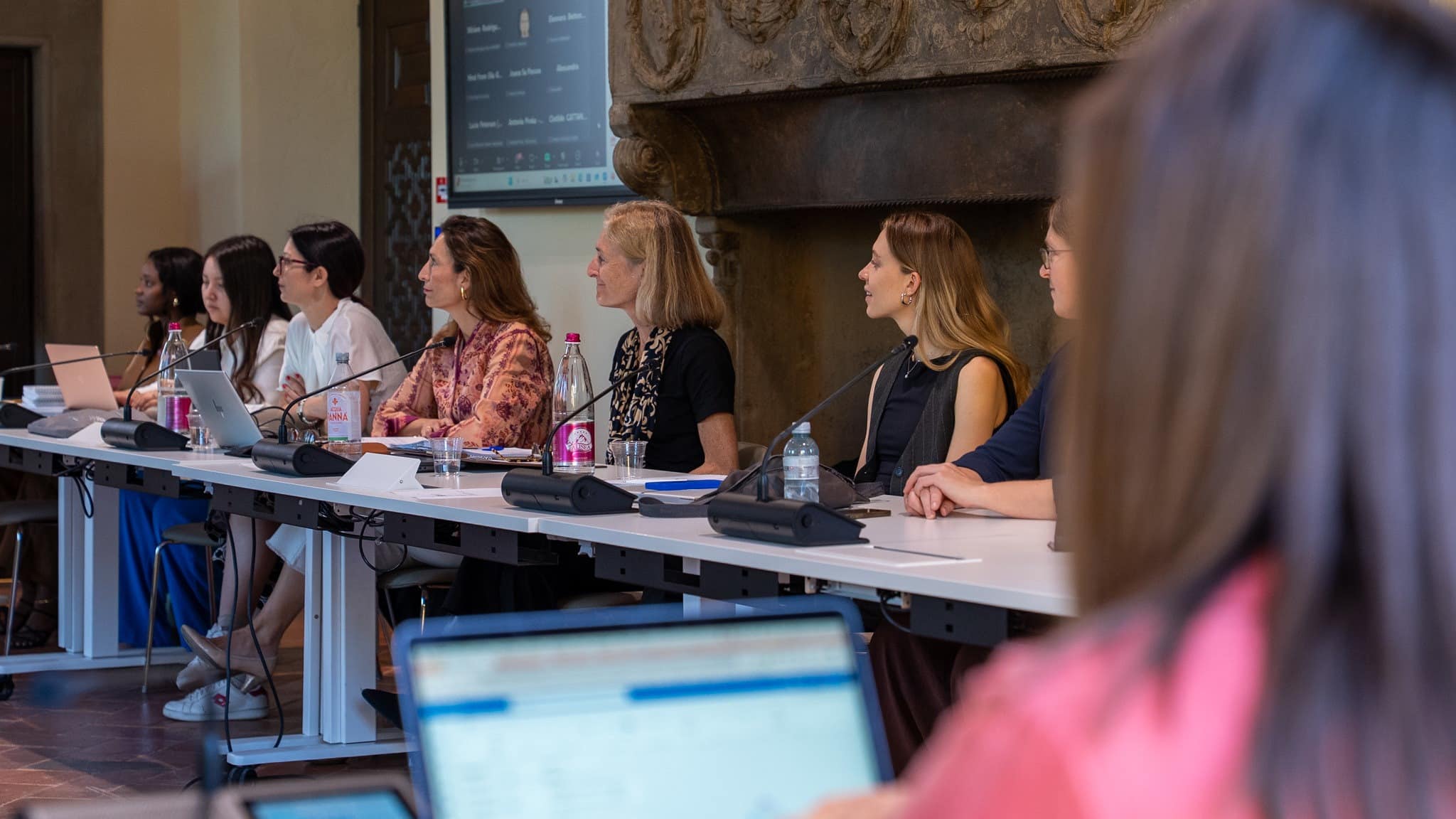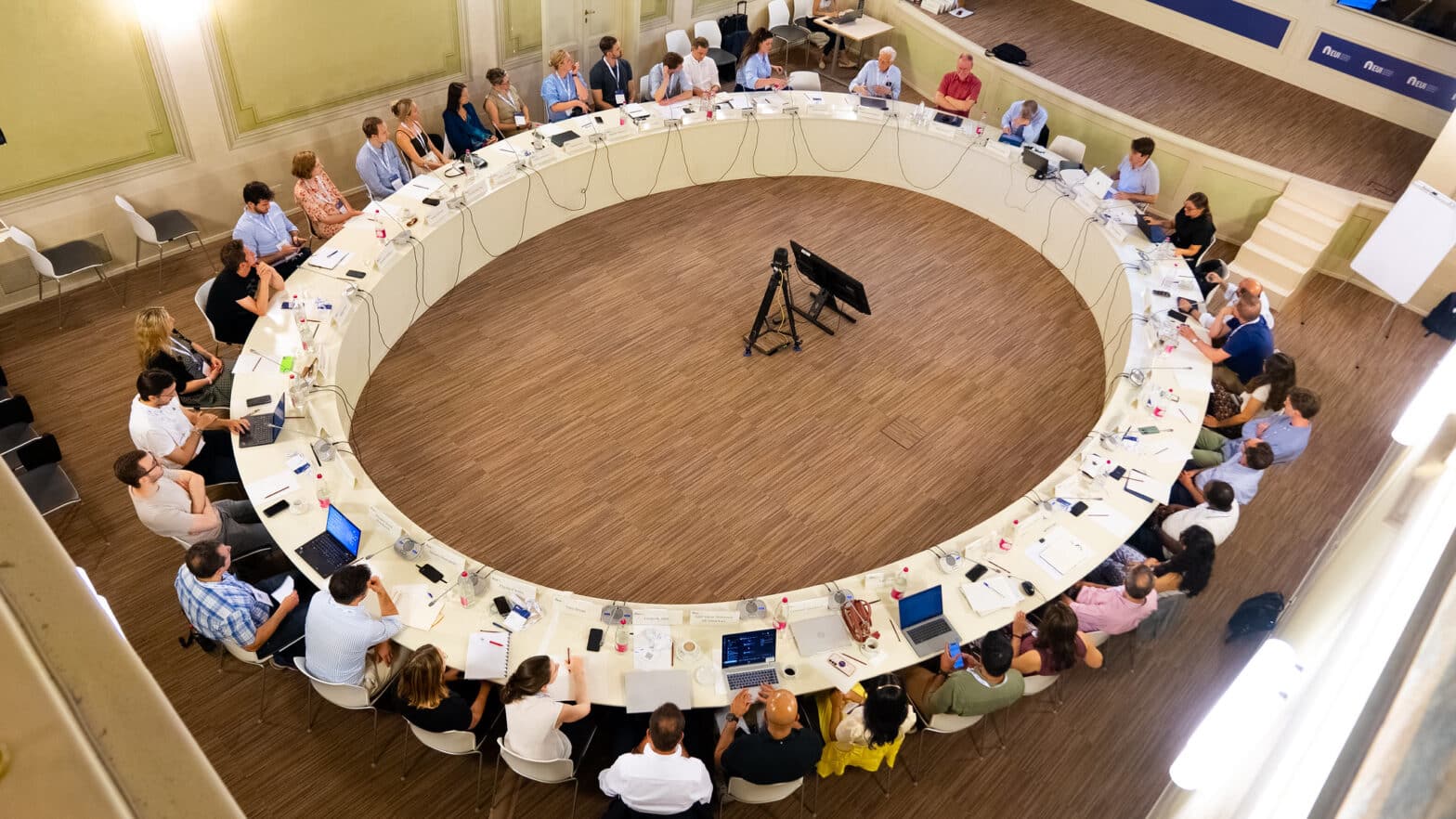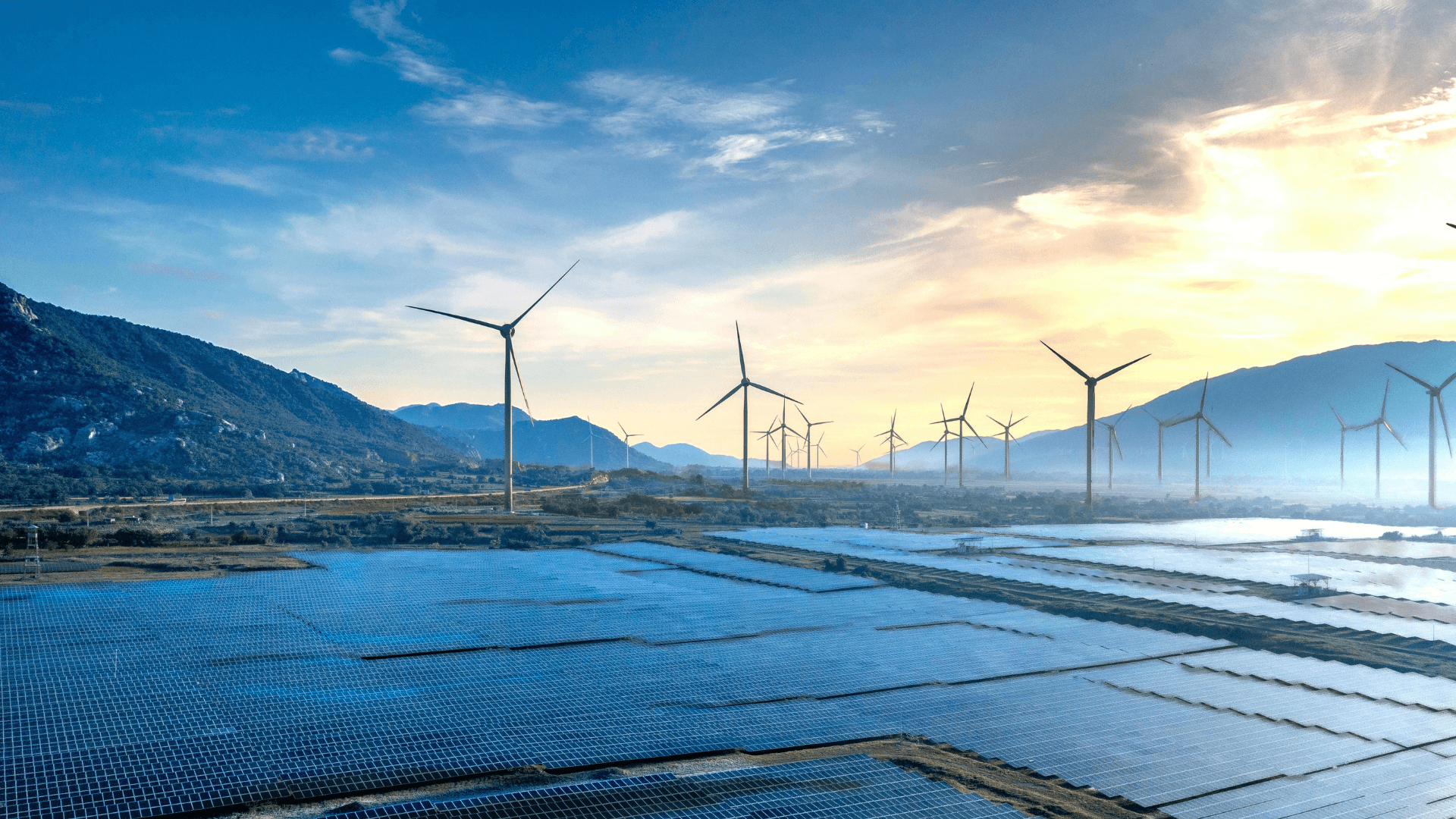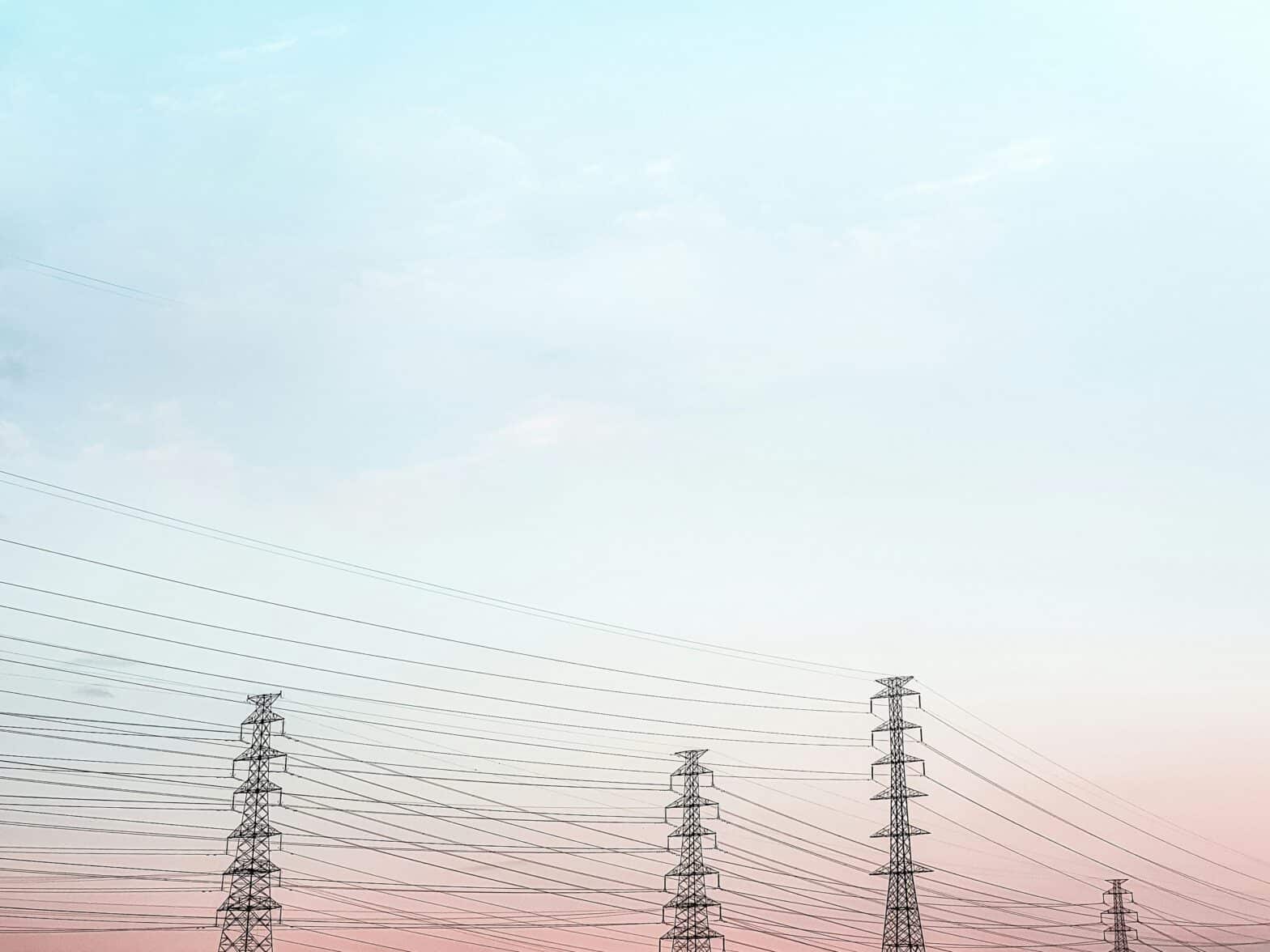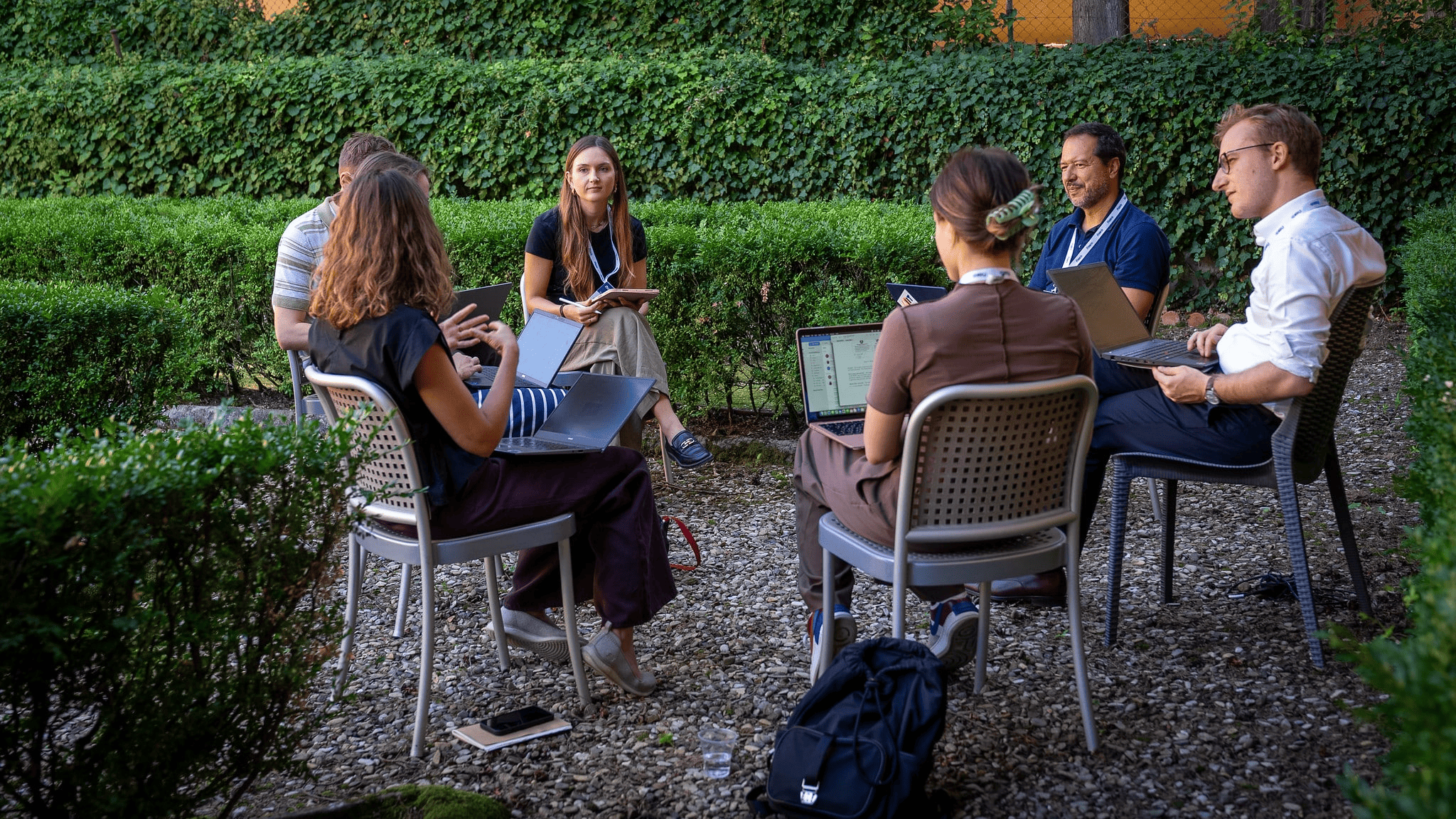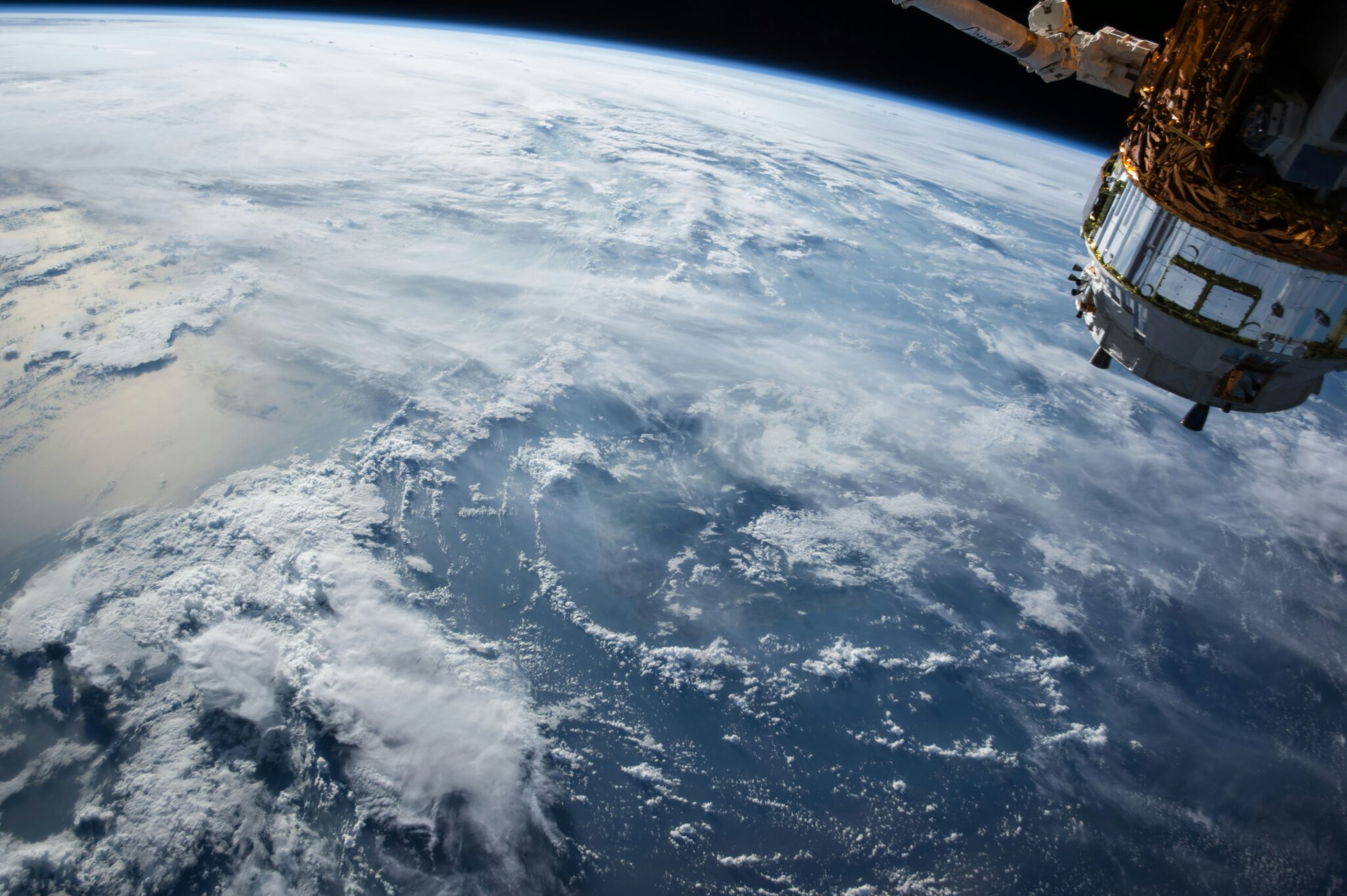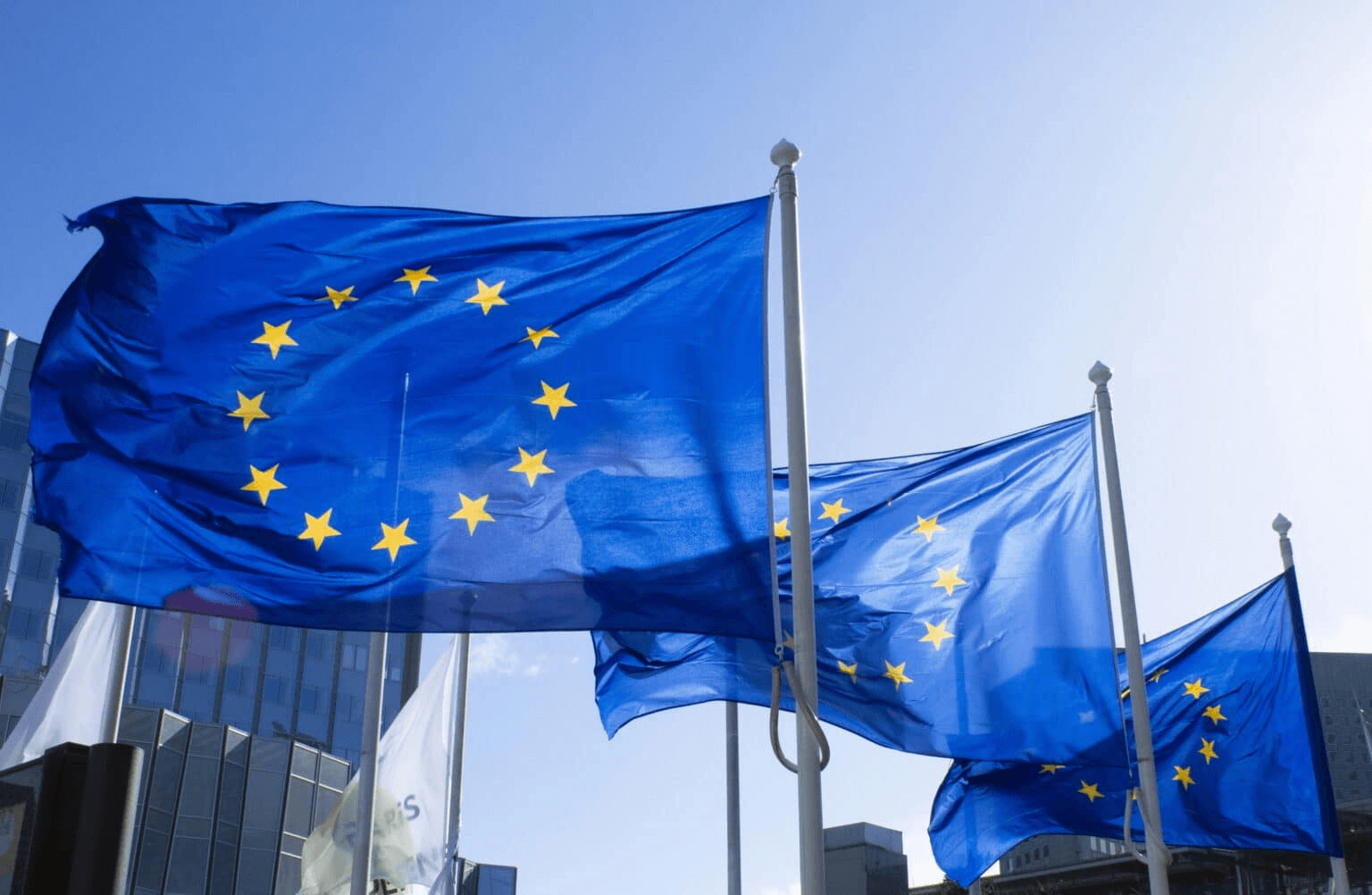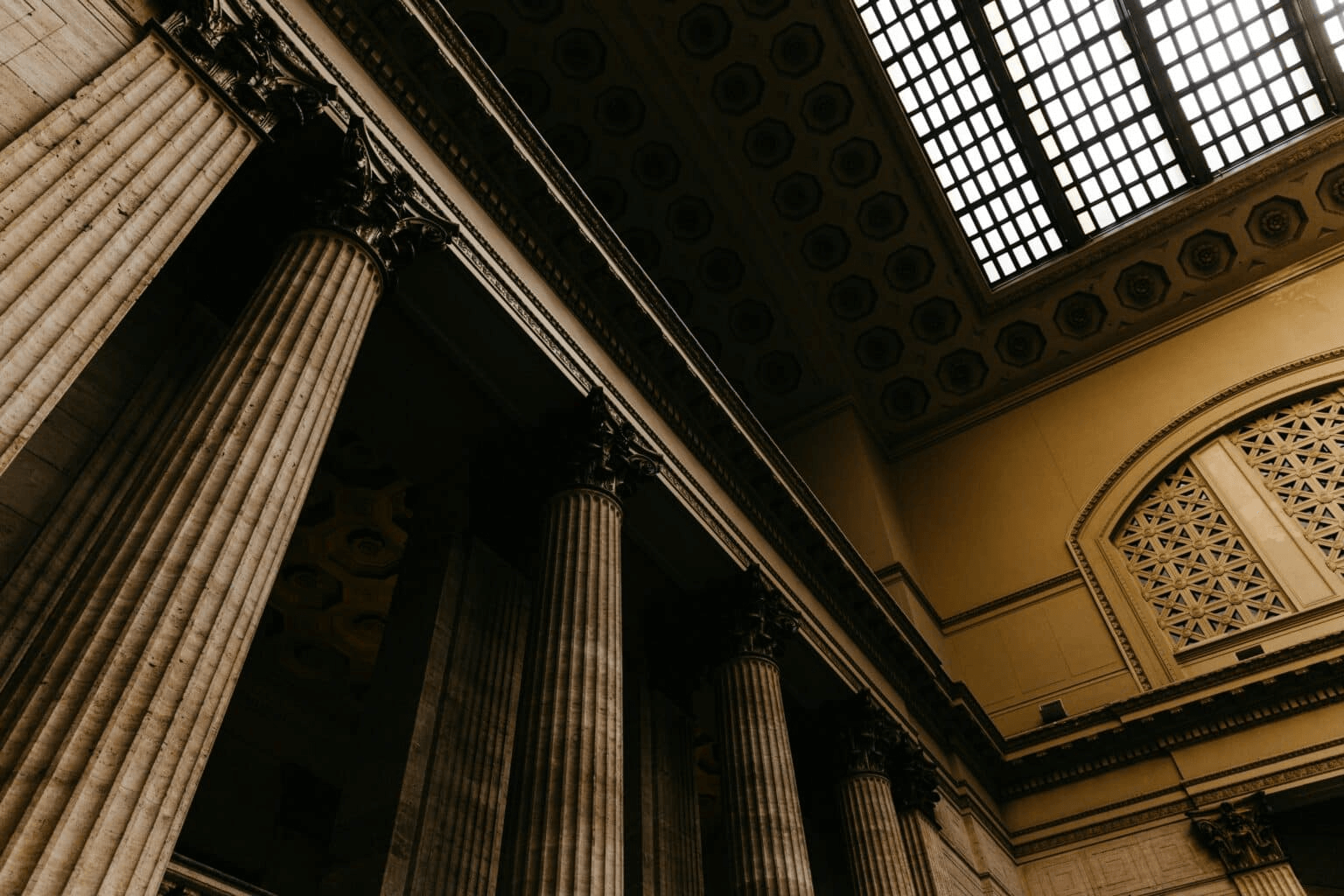Realigning European energy and climate policy for the new ‘State of World’
Highlights from the FSR and the European Climate Foundation (ECF) joint event "Between Crises and Decarbonisation’" held in Brussels on 17 June 2022
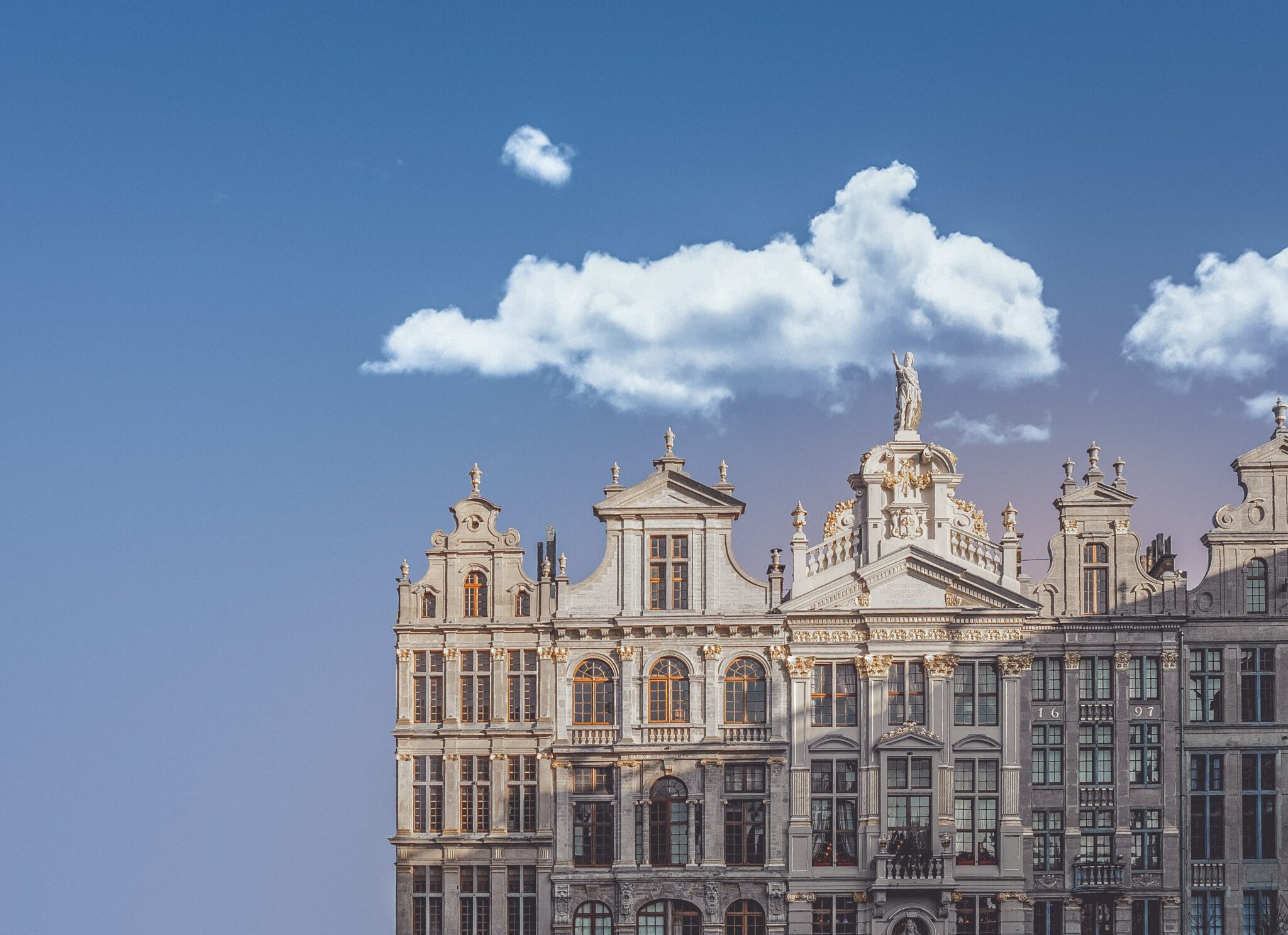
On 17 June 2022, on the occasion of the event Between Crises and Decarbonisation: Realigning EU Climate and Energy Policy for the New ‘State of the Word’ the Florence School of Regulation and the European Climate Foundation presented in Brussels their policy manifesto of the same name.
The manifesto is the outcome of a joint research project inspired, back in Fall 2021, by the start of a severe energy crisis, which was threatening to undermine public support for accelerated decarbonisation of the European energy system. Since then, the Russian invasion of Ukraine has fundamentally changed the landscape and reopened a discussion on the fundamental pillars of the European energy and climate policy.
In this article, we break down the main findings of this investigation as they were discussed at the conference in Brussels with representatives of the institutions, relevant stakeholders and the public.
The new state of the world: what key characteristics?
The Russian invasion of Ukraine transformed the European energy crisis that started in Summer 2021 into a long-lasting world disruption and completely changed the tone of the policy debate, professor Glachant, one of the manifesto’s authors, argues. Peaceful trade relations are over, and energy security is back on top of the European policy agenda, as Russia is the main supplier of oil, natural gas and coal to the EU, and the second supplier of uranium. An interruption of those supplies is hard to compensate for, particularly in the case of natural gas because of the rigidity of pipeline-based gas flows and the tightness of the global market for liquified natural gas. Uncertainty about future developments is high, and prices on wholesale markets are extremely volatile. The socio-economic consequences of this disruption, Glachant continues, are enormous. Millions of households have problems paying their energy bills and may have to choose between heating and eating. Others are still able to afford basic energy services but are vulnerable to falling into poverty. Policy interventions such as price caps or waivers on energy taxes and levies have been discussed and implemented by several EU Member States to protect consumers; however, they tend to fuel further energy shortages, by limiting the necessary demand reduction.
Georg Zachmann from Bruegel agrees with the analysis contained in the first part of the manifesto. The crisis is causing a massive transfer of welfare from energy consumers to energy producers, which is difficult to sustain politically. The pendulum in the policy discourse is shifting back from the market to the state and from the European to the national level. European, market-based arrangements, which were developed over the past decades, are increasingly under attack. Unfortunately, public institutions generally lack the administrative capacity to master energy supply, and Member States are failing to coordinate their national initiatives, with the result that costs are likely to increase even further. In this context, there should be a stronger focus on the demand side: public institutions should not hide the inevitability of demand reduction, encourage energy savings by households, and prepare demand rationing for industrial consumers.
The new state of the world: what policy priorities for the EU?
The new state of the world poses several profound challenges to the EU. A manageable number of policy priorities must then be identified, distinguishing between the short and the long term. In the short-term, the EU should protect the most vulnerable consumers, without undermining the functioning of the internal energy market, Ronnie Belmans, another author of the policy manifesto, says. The poor should receive lump-sum transfers, enabling them to purchase a minimum amount of energy services, but price signals should not be muted. In the longer term, the EU has to accelerate the deployment of renewables and electrify whatever is possible. Given the several bottlenecks affecting the energy industry (e.g., raw materials, components, workforce, grids, etc.), it is essential that any plan for accelerating the decarbonisation of the energy mix follows a realistic assessment of what is feasible. Coordination of the various supply chains and the upskilling or reskilling of the workforce should not be neglected by the public authorities, as to ensure the achievement of the targets agreed upon. In the long term, the EU should also explore the potential offered by local markets capable of integrating all energy services and engaging better consumers. How to integrate them into the existing ‘large-scale’ energy markets is an issue worthy of significant policy reflection.
Manuel Garcia from the Spanish Ministry for the Ecological Transition agrees with the necessity to accelerate the decarbonisation of the energy mix and with the need to preserve coherence in the various policy areas. However, compromises sometimes are inevitable, given the hard constraints that governments may face (e.g., the lack of fiscal spare capacity). Policies must be developed considering the whole energy sector, not just electricity. More long-term planning of the energy infrastructure at the European level is also needed to be sure that the EU can deal with the current and future challenges.
Kristian Ruby from Eurelectric highlights the importance of avoiding ill-thought regulatory intervention in the electricity market design, which can increase uncertainty and fragment the internal energy market. According to him, the size of the challenges in the short term is daunting: the EU must protect the poor and the most vulnerable consumers with targeted monetary transfers, while promoting energy savings. The establishment of a market for demand reduction should be explored. And the same is true for mandatory holidays during the next Winter. In the longer term, Ruby agrees with the policy manifesto on the necessity to invest more in electricity grids, at the distribution level in particular, and to gradually improve the existing electricity market design to ensure its adequacy to a deeply decarbonised system.
The new state of the world: what process and governance to make it work?
The new state of the world calls for the adoption of radical decisions, which question the energy and climate governance developed in Europe over the last decades. According to Leigh Hancher, another author of the manifesto, the EU has so far focused on the so-called ‘output-oriented legitimacy’ and the role of centralised organisations such as the European Commission. The crises European citizens and firms are experiencing nowadays challenge that form of legitimacy and have the potential to undermine the trust in the European project and the policies against climate change. In this context, establishing new governmental or inter-governmental agencies may not be the smartest way forward. On the contrary, European policymakers should be more creative and embrace new input-oriented legitimacy and decentralised policy management forms. The core of this more agile approach would be drafting a strategic roadmap to allocate risks and responsibilities transparently over the long term and across the traditional policy silos, such as electricity, gas or transport. The roadmap should identify toolboxes that the various levels of government could use and involve all the countries crucial for the European energy supply chains. Industrial alliances and civil society would be fundamental in implementing the roadmap and creating the necessary mutual trust between all the parties.
Stefano Grassi from the European Commission agrees with Hancher on the need to be inclusive in the definition of the solutions to the current crises. This should occur both within the EU and with third countries. Within the EU, the Commission is constantly in contact with the Council and promotes regional initiatives that, being closer to the specific situations, can identify and implement the most appropriate policies. Outside the EU, the Commission is stepping up the cooperation with several countries to ensure not only the supply of natural gas in the coming months, but also the supply of green hydrogen, raw materials and manufactured components over the longer term. According to Grassi, public authorities, including the European Commission, have a relevant role to play in the new state of the world. However, they may lack resources and expertise. This is the case, for instance, of the Commission, whose limited staff is consistent with its traditional role of policy setter and not with the new, more operational tasks it recently received. Nonetheless, public authorities can adapt and expand their operational capabilities over time. The Commission did that a few years ago in the policy area of immigration. Such institutional change may eventually contribute to evolving energy and climate governance in the EU, which is fit for the new state of the world.
Don’t miss any update on this topic
Sign up for free and access the latest publications and insights



